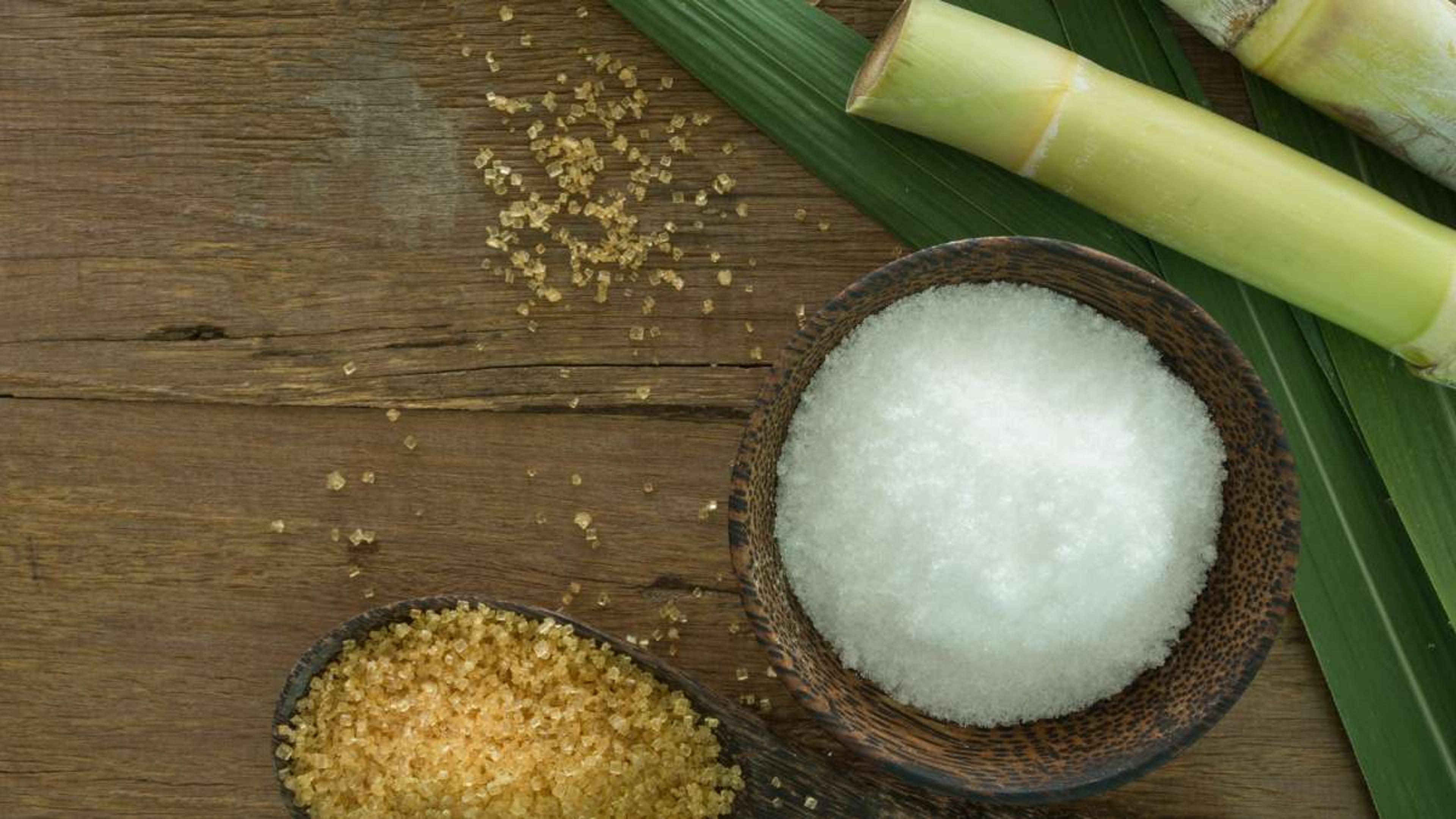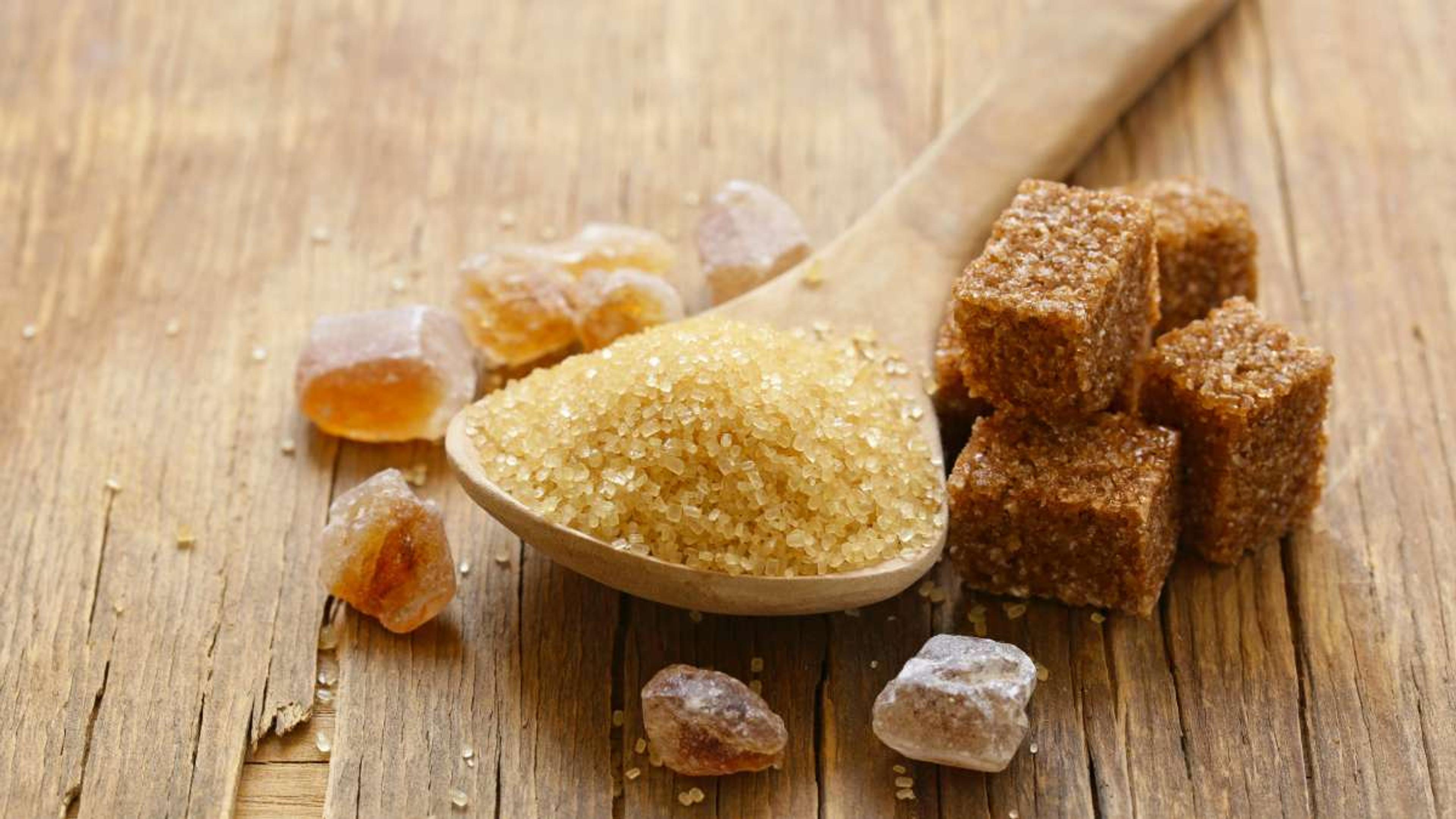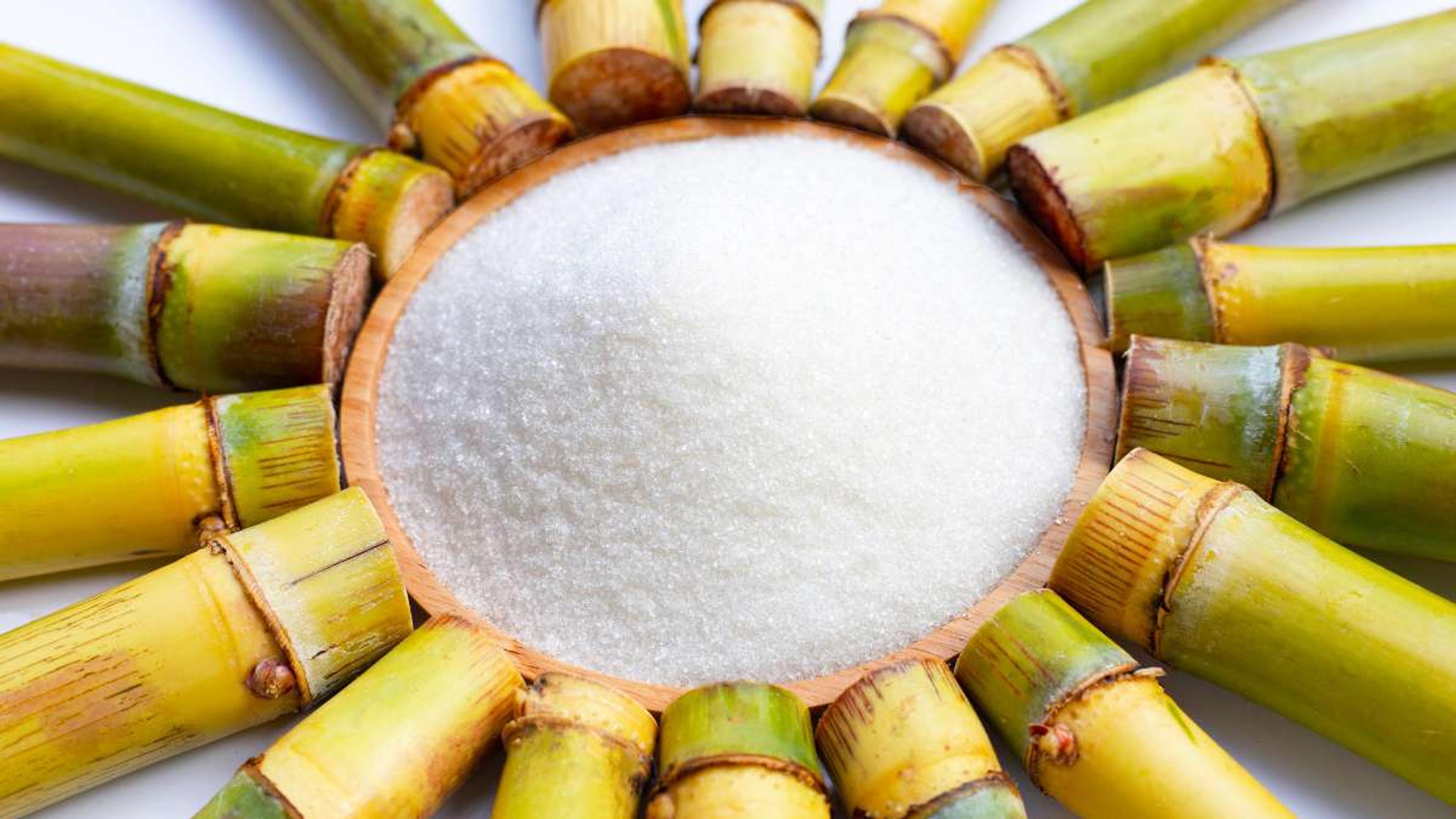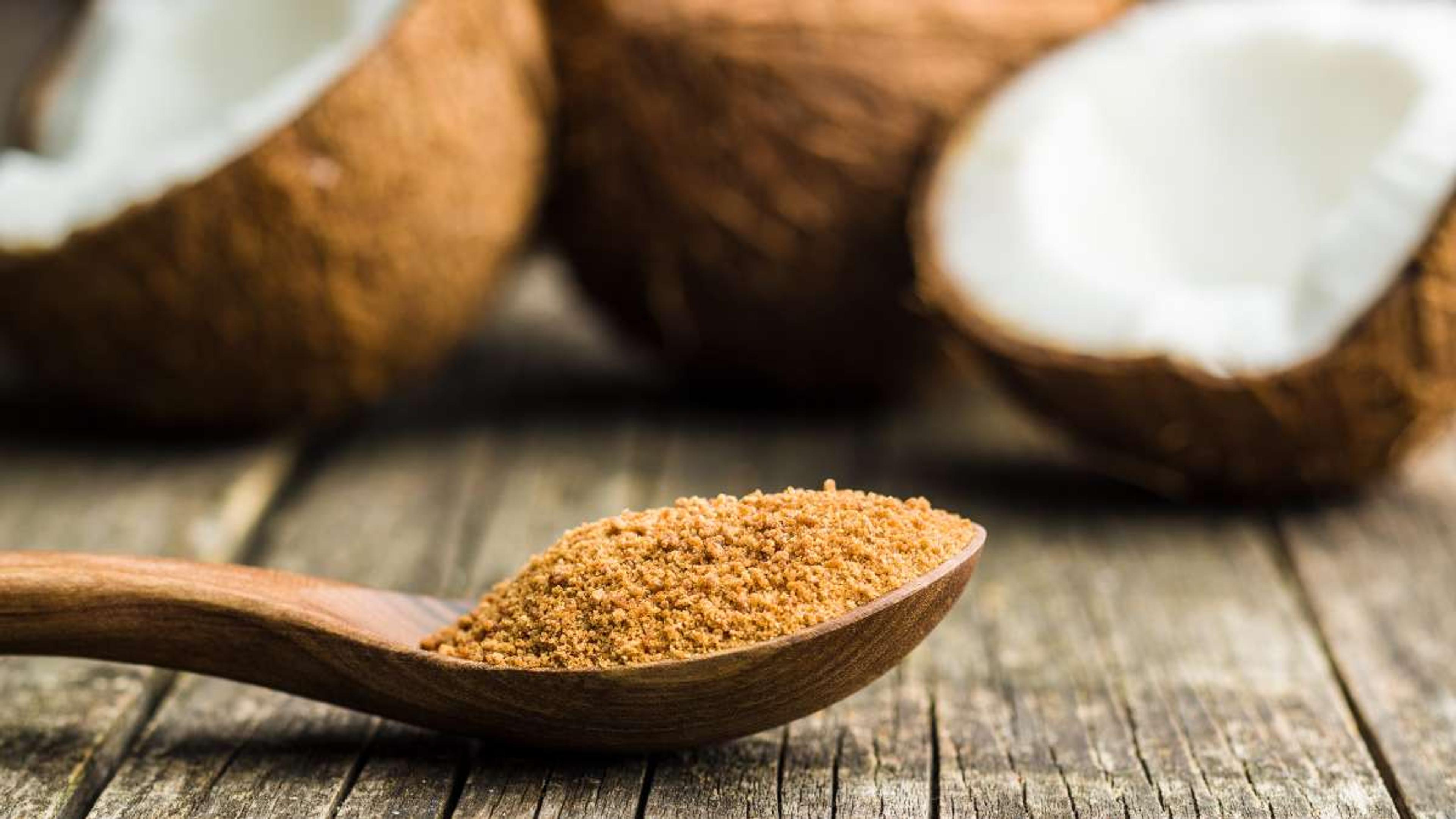Is Cane Sugar Vegan? Everything You Need to Know

- Key Takeaways
- Is Sugar Vegan?
- The Production of Sugar
- The Controversy Surrounding Cane Sugar
- Vegan-Friendly Alternatives of Sugar
- The Broader Vegan Perspective
- Conclusion
Are you a vegan trying to navigate the complex world of sweeteners? Well, here's an important question for you: is cane sugar vegan?
Stick around and find out if that sweet treat on your plate fits perfectly into your cruelty-free lifestyle.
Key Takeaways
- Cane sugar may not be vegan because it is often refined using bone char, which comes from animal bones.
- Beet sugar is considered vegan-friendly because it does not require the use of bone char in its refining process.
- There are alternative methods to refine cane sugar without using bone char, such as activated charcoal or ion exchange resins.
- To determine if a sugar is vegan, check the label for terms like "sugarcane" or "sugar beets" and look for brands that specify the source of their sugar.
Is Sugar Vegan?
Sugar from sugarcane or sugar beet can give vegans a hard time. The issue lies in the way cane sugar is made. They use bone char, which comes from animal bones, to make it white and pretty.
This method puts it on the non-vegan list for many people who follow a vegan diet. On the other hand, beet sugar always counts as vegan-friendly because they don't use bone char to make it look good.
Some sugars are safe for vegans, while others may not be so clear cut. It all depends on how they make and label the sugar you pick off the shelf.
Main Sources of Sugar
The main sources of sugar are;
These plants grow in fields like corn or wheat.
Sugar beet grows well in cool climates, making it popular in Europe and parts of North America. Sugarcane prefers a tropical climate, so it is grown near the equator. Both plants have a sweet juice that holds most of their sugar. Even though they are different types of plants, their sugars are almost alike.
The main difference between them comes from how they are turned into the white or brown crystals we use as sweetener.
Different Types of Sugar
Sugar comes in several types. We have white and brown sugar, which are the most familiar.
- White sugar is clean and looks like tiny crystals. It adds sweetness to food and drinks.
- Brown sugar is white sugar but with some molasses left in it. This gives it a rich, dark color.
They come in various forms including; granulated sugar, caster sugar, powdered sugar, liquid sugar presented as table sugar, sugar cubes, sugar sachets.
The Production of Sugar
Sugar is traditionally derived from sugarcane and sugar beets through various methods.

Traditional Methods
Sugarcane and sugar beets give us most of the world's sugar. They grow in many places. People cut them down when they are ready. The sugarcane gets crushed to get the juice out. Sugar beets get sliced up before boiled in water.
Next, the juice from both plants goes into a big pot. It gets heated until it turns thick like syrup. This is raw sugar and it has a brown color. To make it white, some sugar companies use bone char from animals, which is not okay for vegans.
Others just use hot water and air to keep it safe for everyone to eat.
Global Dominance in Sugar Production
Sugarcane accounts for 79% of the total sugar produced globally, with sugar beets making up most of the remaining amount.
The majority of this sugar comes from a specific type of sugarcane called Saccharum species. The United States is one of the top five producers of sugar, relying on both sugarcane and sugar beets for their production.
Sugar production heavily depends on these two crops, which are grown in different regions due to their specific needs in terms of latitudes and climate conditions.
The Controversy Surrounding Cane Sugar

Use of Animal Bone Char
Refining cane sugar often involves the use of animal bone char. Bone char is made from cattle bones and is used as a filter to remove impurities from the sugar. It helps achieve a clear, white color in the final product.
However, this process poses a problem for vegans because it involves the use of animal-derived ingredients. Most refined cane sugars are not considered vegan-friendly due to the involvement of bone char.
However, there are some cane sugar options available that may be processed without using bone char and therefore can be considered vegan.
Bone char: Uses and Implications
Bone char is commonly used in the sugar industry to decolorize and whiten sugar cane. It works by adsorbing impurities and removing any color from the sugar. While not all cane sugar is refined with bone char, it's important for vegans to be aware of this process and consider alternative options like beet sugar, which doesn't require filtration through animal bones and is considered vegan-friendly.
Modern Alternatives to Bone Char
Refining sugar without using bone char has become more common in recent years. Here are some modern alternatives to bone char in sugar refining:
- Activated Charcoal: Some companies use activated charcoal to filter and whiten the sugar instead of bone char.
- Ion Exchange Resins: These resins can remove impurities from the sugar without the need for animal byproducts.
- Carbon Dioxide: The use of carbon dioxide gas can help remove color and impurities from the sugar during the refining process.
- Filtration Techniques: Advanced filtration methods, such as membrane filtration, can effectively purify the sugar without the use of bone char.
- Electrostatic Separation: This technique uses an electric field to separate impurities from the sugar crystals, eliminating the need for animal-based filtering agents.
- Reverse Osmosis: By applying pressure, reverse osmosis can effectively remove impurities from the sugar syrup, resulting in a cleaner final product.
Vegan-Friendly Alternatives of Sugar
Sugar derived from sugar beets is inherently vegan-friendly due to the absence of animal bone char in its refining process.

How to determins if sugar is vegan
Determining if sugar is vegan is important for those following a vegan diet. Here are some ways to determine if sugar is vegan:
- Look for labels that specify the source of the sugar, such as beet sugar or cane sugar.
- Avoid granulated refined sugars, as they may not be vegan.
- Opt for organic, natural, raw, or unrefined cane sugar, which is generally considered vegan.
- Check for alternative vegan-friendly sugars like coconut palm sugar or brown rice syrup.
- Research and choose brands that use alternative methods of refining sugar without animal products.
- Look for certifications: Some products may carry vegan certifications or labels indicating that they are made with beet sugar.
Why Beet Sugar is Inherently Vegan-Friendly
Beet sugar is considered inherently vegan-friendly because it doesn't involve the use of animal-based products during production. Unlike cane sugar, which may go through a filtration process using bone char to whiten it, beet sugar juice doesn't require the same level of processing.
This means that no animal bones are used in the production of beet sugar, making it a suitable choice for those following a vegan lifestyle. Additionally, organic cane sugar can also be considered vegan-friendly as it generally avoids the bone char filtration process.
With these options available, vegans can still enjoy the sweetness of sugar without compromising their beliefs and values.
Vegan-Friendly Sugar Options
1. Beet sugar: As mentioned earlier, beet sugar is considered inherently vegan-friendly, as it does not require the use of animal-based products during production. It is a great option for vegans looking for a sweetener that aligns with their beliefs and values.
2. Organic cane sugar: While traditional cane sugar may go through a filtration process using bone char to whiten it, organic cane sugar generally avoids this step. As a result, it can also be considered vegan-friendly.
3. Coconut sugar: Made from the sap of coconut palm flowers, coconut sugar is another vegan-friendly sugar option. It is a natural alternative to traditional white sugar and has a lower glycemic index, making it a popular choice among health-conscious individuals.
4. Date sugar: Made from dried and ground dates, date sugar is a sweetener that adds a rich flavor to baked goods and desserts. It is free from any animal-derived ingredients, making it suitable for vegans.
5. Maple syrup: While maple syrup is primarily known as a pancake topping, it can also be used as a sweetener in various recipes. Derived from the sap of maple trees, it is completely natural and vegan-friendly.
6. Agave nectar: Extracted from the agave plant, agave nectar is a popular sweetener among vegans. It has a lower glycemic index compared to traditional sugar and can be used as a substitute in baking and cooking.
7. Brown rice syrup: Made from fermented brown rice, this sweetener is not only vegan-friendly but also gluten-free. It adds a subtle sweetness to recipes and can be used as a replacement for traditional sugar.
8. Stevia: Derived from the stevia plant, stevia is a natural sweetener that is free from any animal products. It is significantly sweeter than traditional sugar, so only a small amount is needed to achieve the desired level of sweetness. Many vegans choose stevia as their preferred sweetener due to its zero-calorie content and its ability to regulate blood sugar levels.
In conclusion, there are numerous vegan-friendly options available for those looking for alternatives to cane sugar. From organic cane sugar to coconut sugar, date sugar to maple syrup, agave nectar to brown rice syrup, and even stevia, there is a wide range of sweeteners that align with vegan beliefs and values.
Brands and Labels that Specify the Source of Sugar
Some sugar brands explicitly specify the source of their sugar on their labels. Here are a few examples:
- Imperial Sugar: This brand clearly labels their sugar as "pure cane sugar" or "100% cane sugar."
- Dixie Crystals: Dixie Crystals also indicates that their sugar is made from cane on their packaging.
- Kroger: Kroger's store-brand sugar often states that it is derived from pure cane.
- Whole Foods Market: At Whole Foods, you can find organic and non-GMO sugars that are specifically labeled as cane sugar.
- Trader Joe's: Trader Joe's offers a range of sugars, including organic and unrefined options, which are clearly marked as being made from cane.
The Broader Vegan Perspective
Different people have different interpretations of what it means to be vegan. While the common understanding is that vegans do not consume or use any animal products, there are varying definitions and approaches within the vegan community.
Some vegans consider sugar derived from sugarcane and sugar beets as vegan, while others believe it is not because of the use of animal bone char in refining cane sugar. This divergence in definitions highlights the importance of making informed choices based on individual ethics and beliefs.
Ultimately, it is up to each individual to determine what aligns best with their ethical values when making choices about the foods they consume.
Conclusion
In conclusion, understanding the vegan status of cane sugar requires careful consideration of its refining process and the use of bone char. By reading labels and opting for alternatives like beet sugar or organic options, individuals can make informed choices that align with their ethical beliefs.
For more information on vegan-friendly sugar options and the broader implications within a plant-based diet, continue reading our blog.
FAQs
1. Is cane sugar vegan?
Yes and no, depending on the use of animal bone char in the refining process. Some vegans consider it to be vegan, while others do not due to the use of animal bone char in the refining and whitening process.
2. Is white sugar vegan?
While white sugar itself does not contain any animal-derived ingredients, such as milk or eggs, the refining process may involve the use of animal bone char. This can be a concern for some vegans who avoid products that involve the exploitation of animals.
3. Is brown sugar vegan?
Not all brown sugars are vegan. Similar to white sugar, the refining process of brown sugar may involve the use of animal bone char. Therefore, it is important for vegans to be cautious and choose alternatives such as organic brown sugar or alternatives like coconut sugar, which are considered to be vegan-friendly options.
4. What are the main sources of sugar?
Traditionally, sugar is made from two main sources: sugarcane and sugar beets. Sugarcane is a tall grass plant that is harvested and processed to extract its sweet juice, which is then refined into cane sugar. Sugar beets, on the other hand, are root vegetables that contain a high concentration of sucrose. They undergo a similar refining process to produce beet sugar.
5. Are there any vegan-friendly alternatives to cane sugar?
Yes, there are several vegan-friendly alternatives to cane sugar. Some popular options include coconut sugar, maple syrup, agave nectar, and date sugar. These alternatives are derived from sugar can be derived from various sources, including cane sugar, beet sugar, coconut sugar, and fruit juices.

